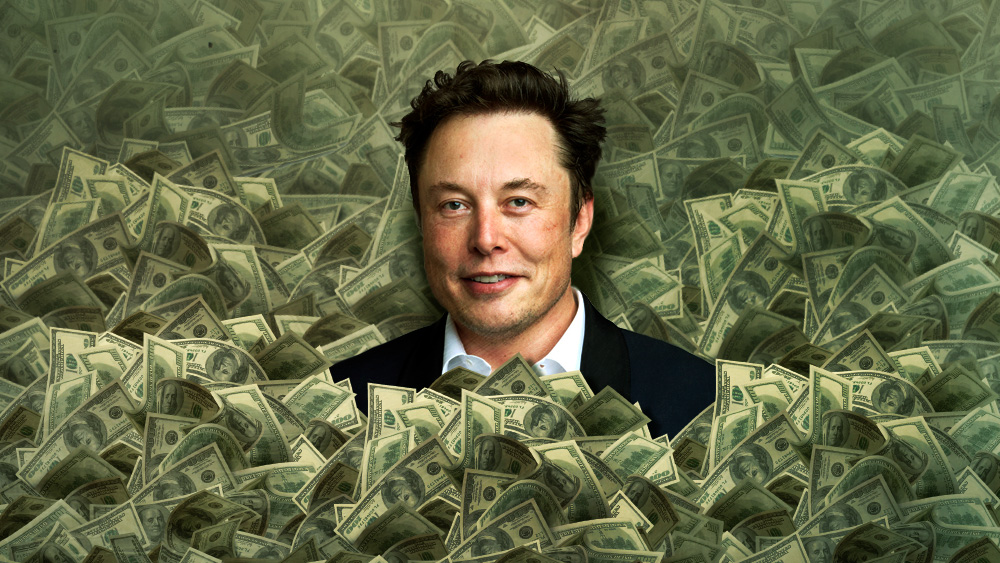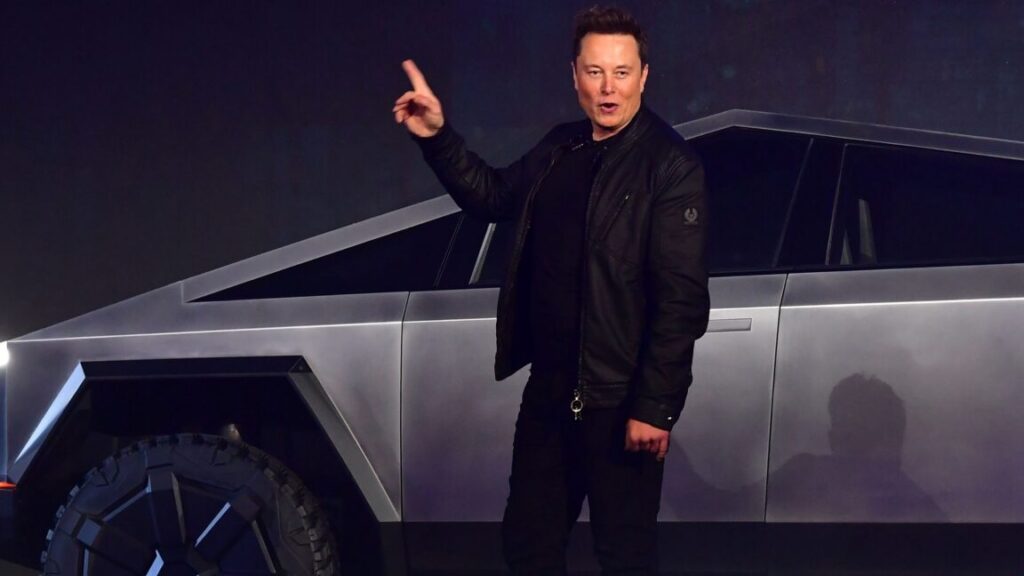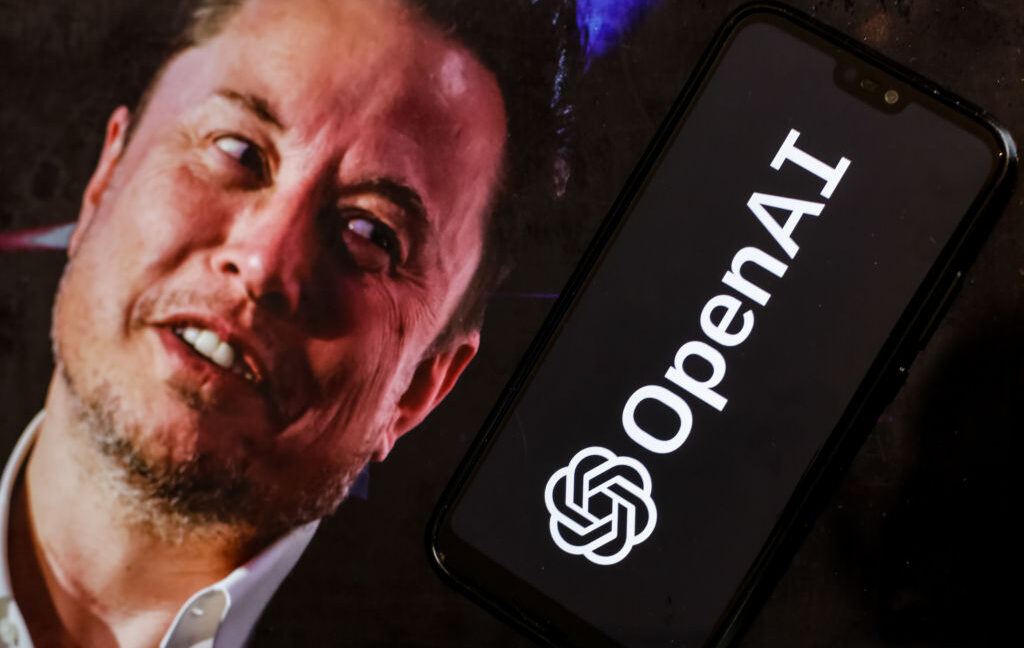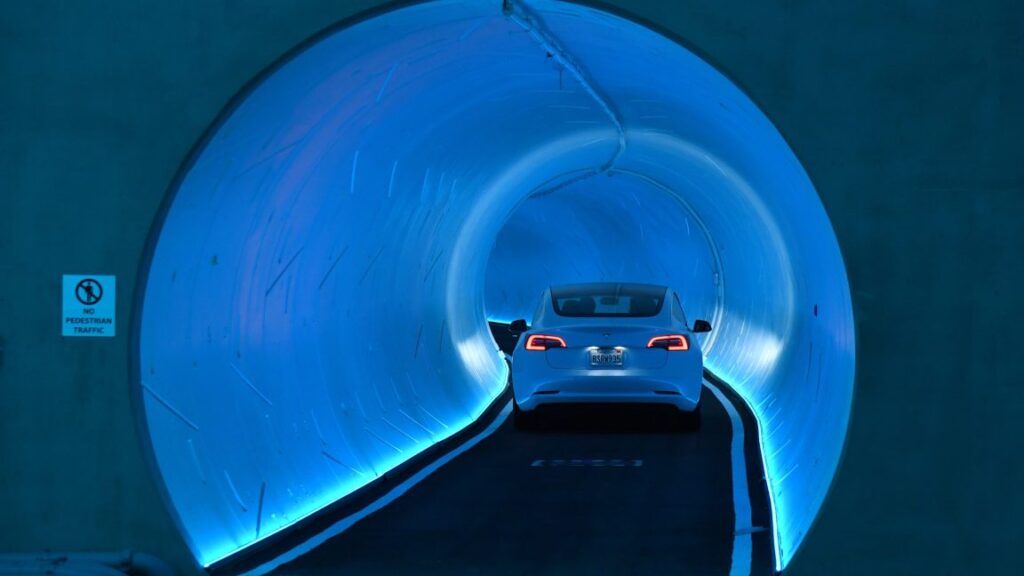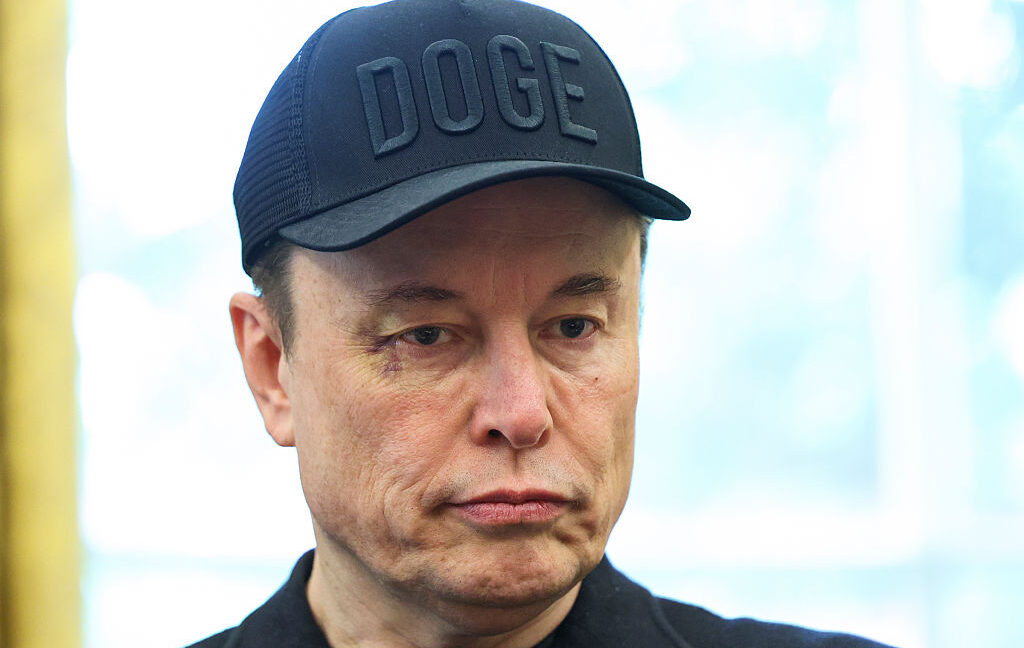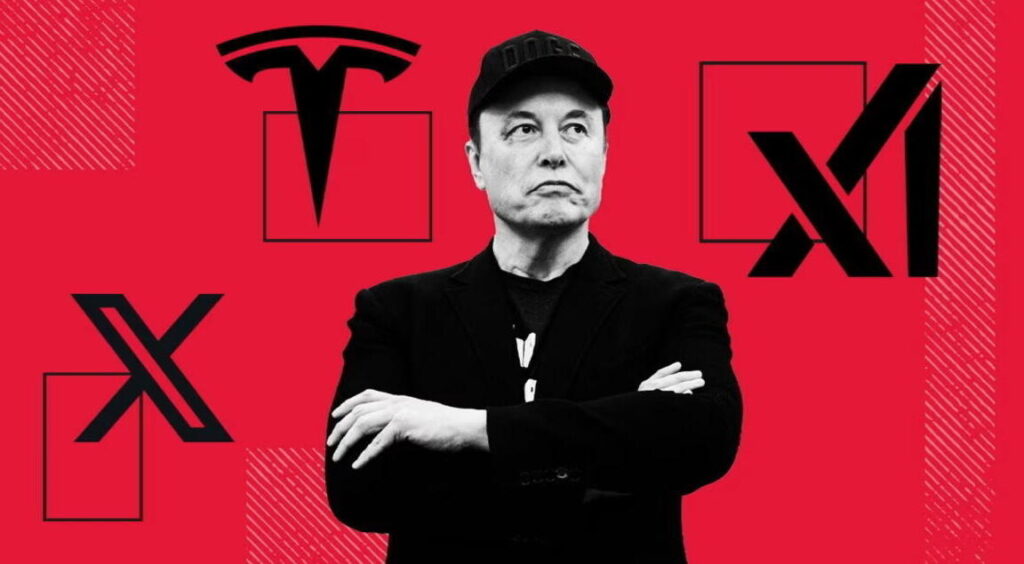Elon Musk’s X first to be fined under EU’s Digital Services Act
Elon Musk’s X became the first large online platform fined under the European Union’s Digital Services Act on Friday.
The European Commission announced that X would be fined nearly $140 million, with the potential to face “periodic penalty payments” if the platform fails to make corrections.
A third of the fine came from one of the first moves Musk made when taking over Twitter. In November 2022, he changed the platform’s historical use of a blue checkmark to verify the identities of notable users. Instead, Musk started selling blue checks for about $8 per month, immediately prompting a wave of imposter accounts pretending to be notable celebrities, officials, and brands.
Today, X still prominently advertises that paying for checks is the only way to “verify” an account on the platform. But the commission, which has been investigating X since 2023, concluded that “X’s use of the ‘blue checkmark’ for ‘verified accounts’ deceives users.”
This violates the DSA as the “deception exposes users to scams, including impersonation frauds, as well as other forms of manipulation by malicious actors,” the commission wrote.
Interestingly, the commission concluded that X made it harder to identify bots, despite Musk’s professed goal to eliminate bots being a primary reason he bought Twitter. Perhaps validating the EU’s concerns, X recently received backlash after changing a feature that accidentally exposed that some of the platform’s biggest MAGA influencers were based “in Eastern Europe, Thailand, Nigeria, Bangladesh, and other parts of the world, often linked to online scams and schemes,” Futurism reported.
Although the DSA does not mandate the verification of users, “it clearly prohibits online platforms from falsely claiming that users have been verified, when no such verification took place,” the commission said. X now has 60 days to share information on the measures it will take to fix the compliance issue.
Elon Musk’s X first to be fined under EU’s Digital Services Act Read More »



